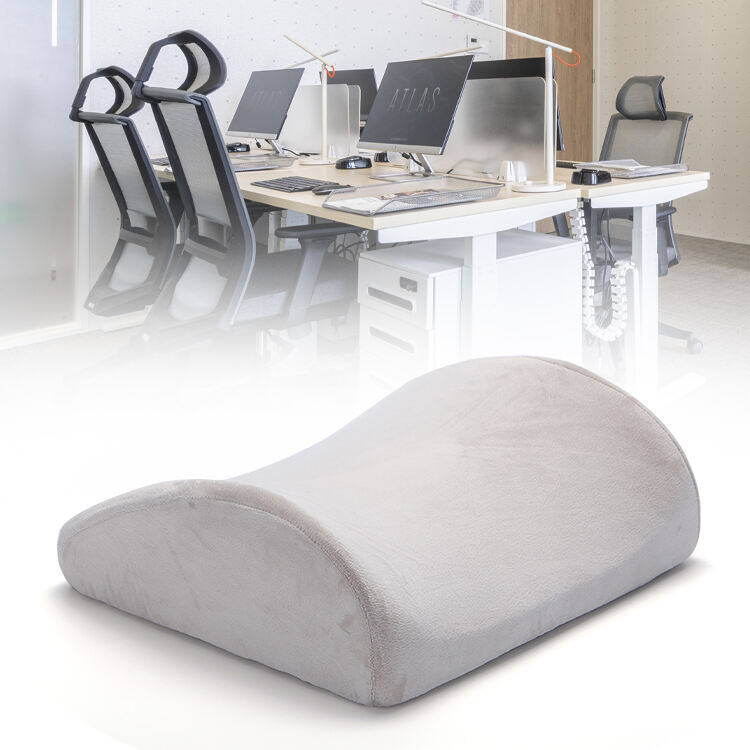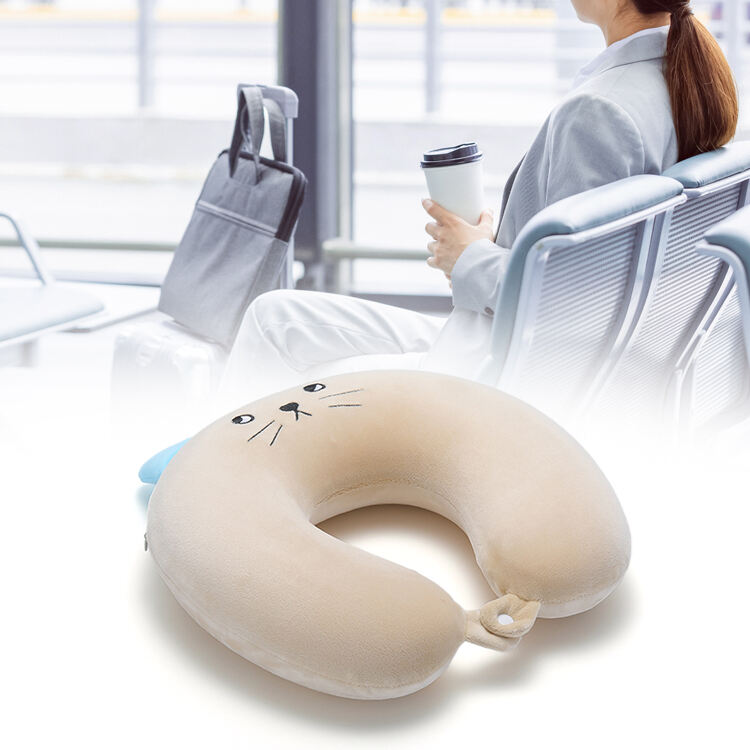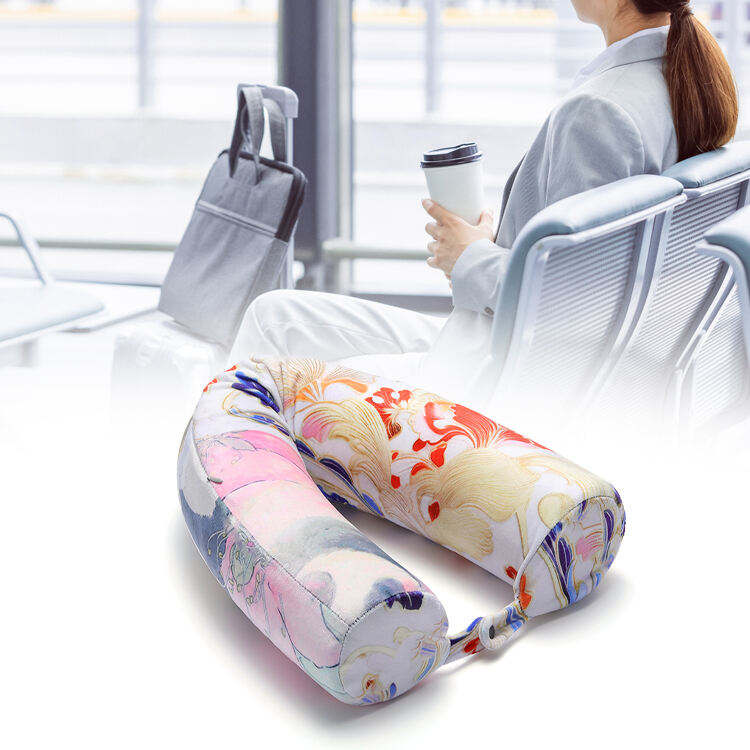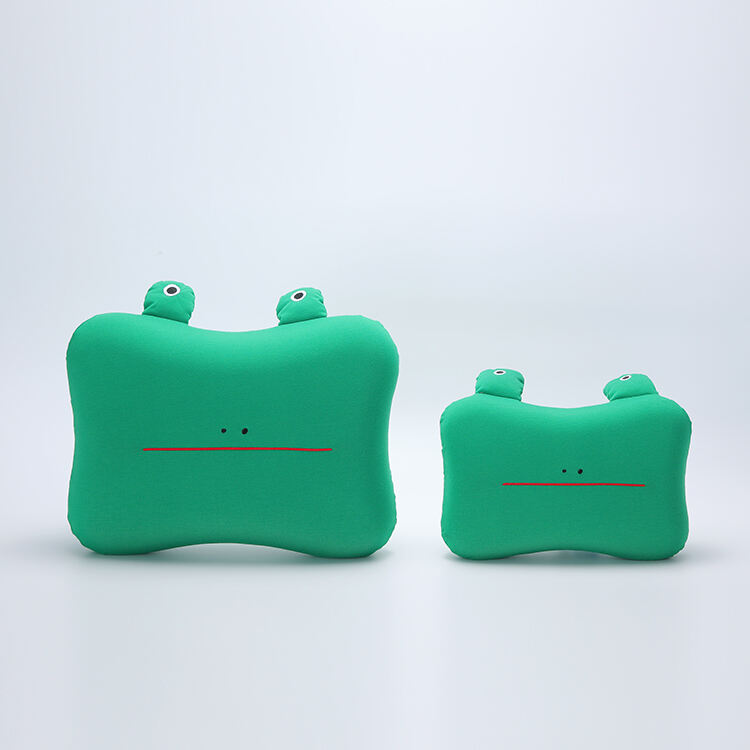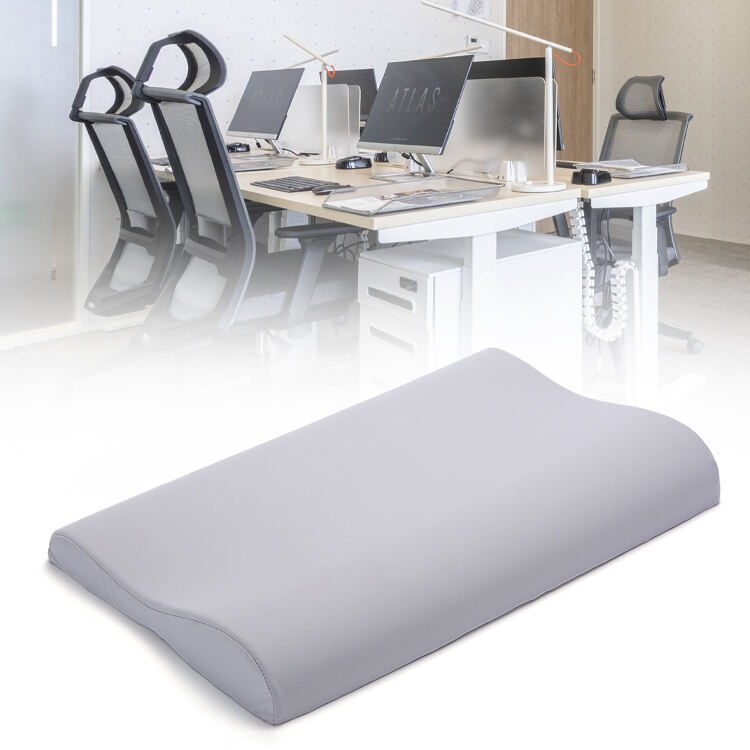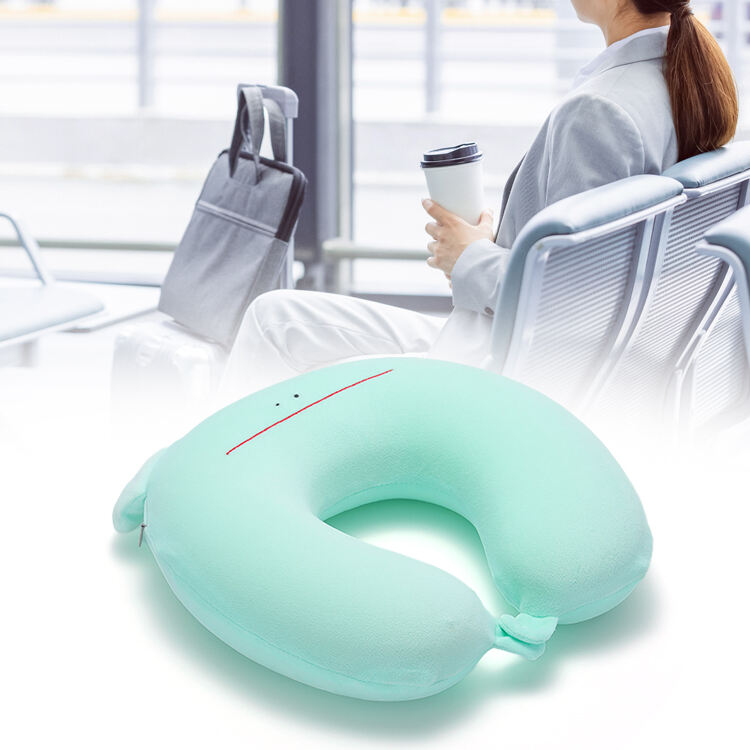Growing Demand for Lightweight Lumbar Support in E-commerce
The e-commerce space is witnessing unprecedented interest in lightweight lumbar support solutions as remote and hybrid work models become entrenched. Ergonomic health is now a non-negotiable priority, with consumers prioritizing spinal wellness during extended sedentary periods.
Rising Consumer Interest in Portable Back Support for Remote Work
Digital and gig economy workers actively seek portable ergonomic aids that transition seamlessly between home offices, coworking hubs, coffee shops, and travel destinations. Compact designs compatible with dining chairs, car seats, and bleachers solve urgent comfort gaps without compromising posture alignment.
Post-Pandemic Surge in Ergonomic Product Demand
Global work-from-home adoption rates remain 300% above pre-2020 levels according to workforce studies, driving sustained demand for therapeutic accessories that prevent chronic back strain. Purchases increasingly occur during setup or upgrade cycles for home offices rather than corporate procurement channels.
The Shift Toward Multifunctional Travel and Office Comfort Accessories
Consumers favor adaptable accessories serving dual purposes: lightweight cushions double as laptop stands during video conferences or airline seat enhancers during transit. This integration minimizes workspace clutter while maximizing utility per product—a critical value driver for eco-conscious shoppers.
How Lightweight Lumbar Support Fits Direct-to-Consumer Market Trends
Minimalist DTC brands leverage perceived health expertise to position these products as proactive wellness investments rather than reactive pain management tools. Subscription models and bundled offerings with standing desks or monitor arms further consolidate market positioning as essential ergonomic ecosystems.
Innovative Design Features of Portable Lumbar Support Cushions
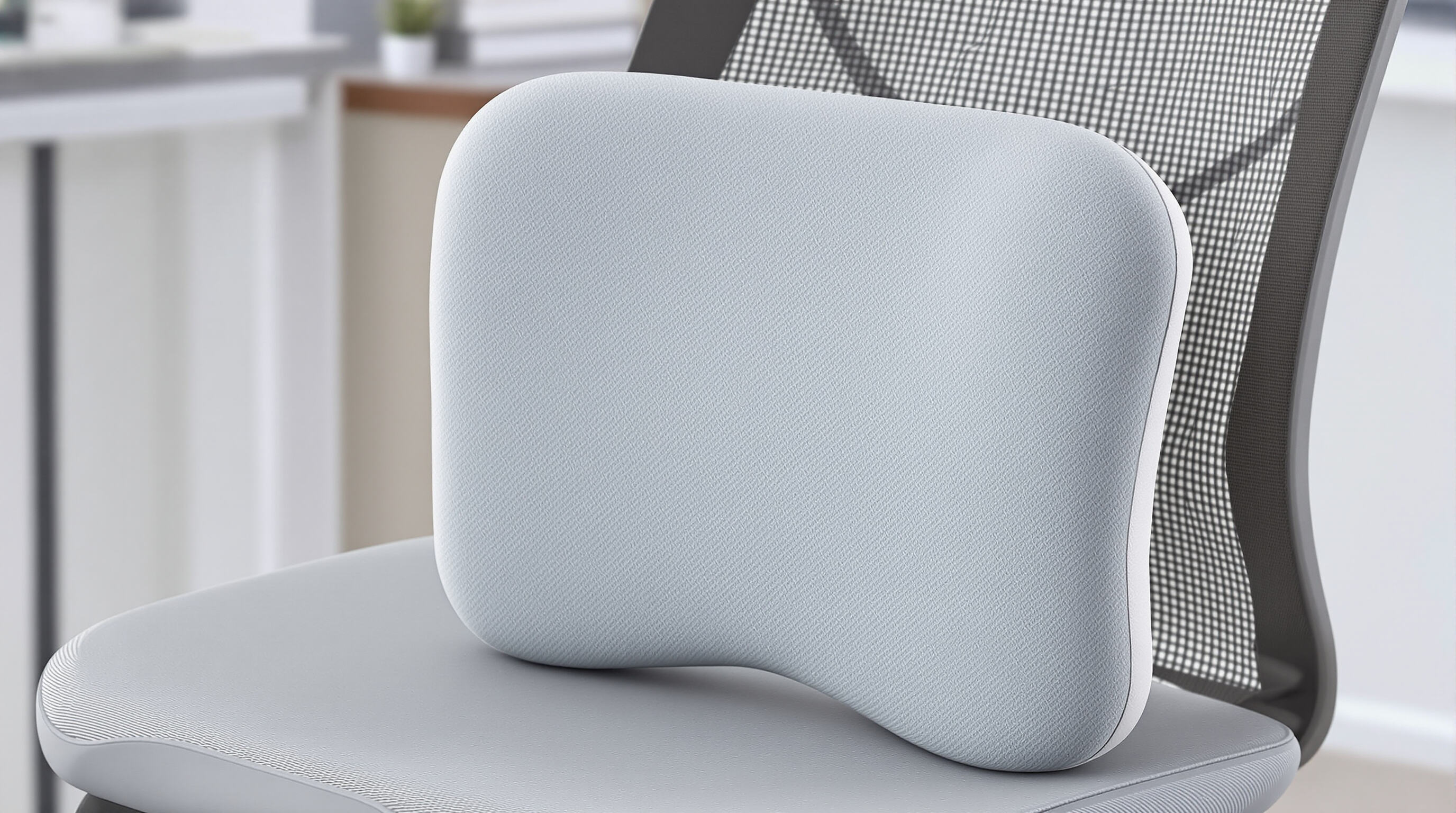
Balancing Ergonomics and Portability in Compact Seat Cushion Design
Lightweight lumbar support cushions today help keep spines aligned thanks to their contoured shapes that follow how our lower backs naturally curve. Top brands focus on making these supports really thin (around 2 inches or so) while still keeping all the healing properties intact. They do this by packing in high density foam materials that actually mold themselves to whatever weight they encounter. According to some recent research in ergonomics, about three quarters of people reported less pain in their lower back when using these specially shaped cushions weighing less than 1.5 pounds. These lighter options work great whether someone needs them at their home desk setup or wants something portable enough for business trips across town or around the world.
Advanced Materials Enabling Lightweight and Durable Lumbar Support
Recent advances in materials tech are giving us these new memory foam hybrids that actually keep their shape even after being compressed over 10,000 times. And they're about 40 percent lighter than what we used to see in regular foams. The breathability factor has improved too with those mesh covers that pull away sweat, making them last longer. Some high end versions come with parts that can go through the washing machine, and tests show they hold up through at least 50 washes. All these improvements matter big time for online retailers since most shipping companies (around 92%) really prefer handling boxes that weigh less than three pounds when trying to cut down on costs.
Design Trade-offs: Minimalist Aesthetics vs. Therapeutic Effectiveness
Designers chase sleek looks all the time, but this can run into problems when it comes to actual support needs. Products without straps look great on paper, sure, but people end up moving them around constantly while they're being used. Consumer surveys show most folks want their gear to look simple and uncluttered these days. However doctors who work with back issues keep pointing out something important: those adjustable straps actually help fix posture better than 2 out of every 10 cases. The clash between wanting nice looking products and needing proper support has led manufacturers to experiment with clever ways to attach things behind the scenes. These new systems try to keep everything looking neat while still doing what they need to do for our bodies.
Integration of Smart Features in Next-Gen Ergonomic Travel Accessories
Emerging prototypes incorporate IoT-enabled pressure sensors and posture-tracking apps that sync with smartphones. Early adopters show 33% higher engagement when products offer personalized sitting habit analytics, though current market readiness favors simpler heat-responsive materials that adapt to body temperature without electronics.
Dropshipping Advantages of Lightweight Lumbar Support Products
Why Compact Size and Light Weight Suit Dropshipping Logistics
Lumbar supports that are lightweight tend to work really well for dropshipping because they're just easier to handle logistically. When something weighs under two pounds, it cuts down on those pesky dimensional weight charges that can eat up anywhere from 30% to almost half of what gets charged for shipping big bulky stuff. The fact that these supports have such slim profiles means suppliers can stick with standard packaging options instead of paying extra for custom boxes or dealing with all sorts of storage issues in warehouses. And let's face it, most third party logistics companies love working with items that fit nicely into their automated sorting systems. For businesses using these lighter products, fulfillment times get slashed by roughly 18 to 24 hours when compared to shipping out those heavier ergonomic alternatives.
Reducing Shipping Costs with Efficient Packaging Strategies
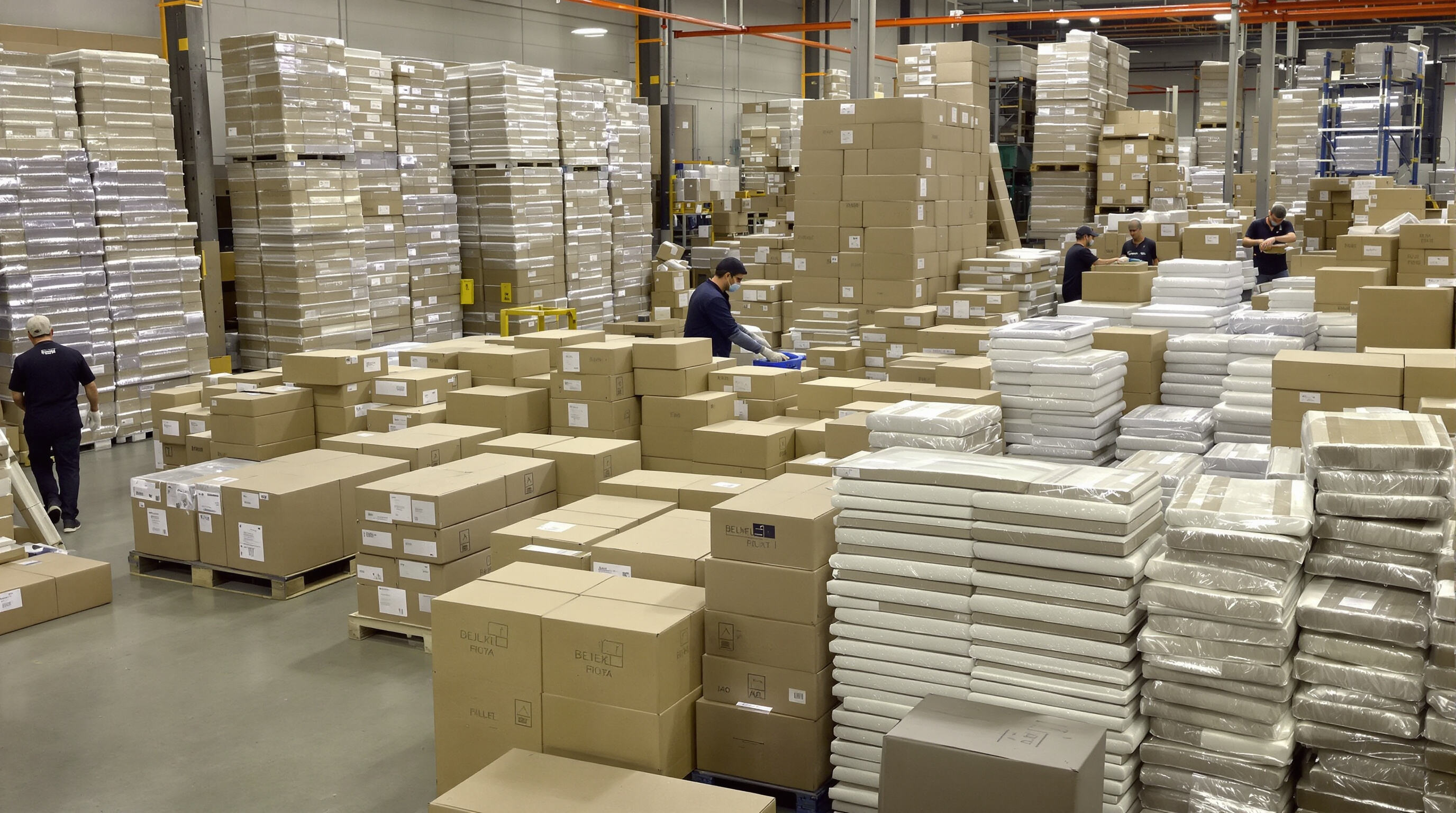
When companies switch to flat pack designs along with those air filled cushion materials, they can cut down on package size by about 40%. That makes a real difference when it comes to those UPS and FedEx shipping zones that affect pricing so much. According to some research from ShipStation back in 2023, products that are lighter and ergonomically designed actually cost around 22% less for final delivery compared to regular office chairs. And let's not forget what happens with packaging damage claims. Stores that go for vacuum sealed polyurethane foam see roughly 15% fewer complaints about broken items during shipping. This matters a lot for businesses running those dropship operations where every penny counts toward their bottom line.
Top Suppliers Offering High-ROI Lumbar Support for Dropshipping
The top B2B marketplaces offer discounts when buying memory foam lumbar supports in bulk, typically giving sellers margins between 58 to 65 percent when ordering just ten units minimum. Products that come as single pieces with removable covers tend to sell better overall. These designs don't need putting together which is a big plus for customers, and they actually cut down returns by about 19 percentage points compared to those complicated systems made of multiple parts. Most platforms now work seamlessly with Shopify and WooCommerce, so inventory stays updated automatically across their network of over fifteen warehouses worldwide. This integration helps maintain incredibly accurate order fulfillment rates hovering around 98.5 percent, making life much easier for businesses managing international operations.
Automating Fulfillment: Scalability in E-commerce Distribution
When AliExpress suppliers connect through APIs to online stores, most orders get processed around 2.7 hours on average, which is about 45% quicker compared to items made specifically for customers. Tools running in the cloud such as Oberlo handle roughly 87% of all workflow tasks related to shipping small items. This means someone managing just one store can actually reach monthly revenues close to $40k without needing extra servers or hardware investments. For big sellers especially on platforms like Amazon FBM, having real time tracking info cuts down those pesky customer service questions by nearly two thirds during busy periods.
Maximizing Sales Through Targeted E-commerce Distribution Channels
Amazon vs. Niche DTC Brands: Selling Lumbar Cushions Online
Lightweight lumbar support products thrive in both mass-market and specialty channels. While Amazon captures 56% of ergonomic accessory searches (eMarketer 2023), direct-to-consumer (DTC) brands leverage storytelling to justify 22% price premiums for identical products. A multi-channel marketplace strategy reduces dependency on single platforms—sellers using 3+ channels see 48% higher customer retention (PwC 2023).
Driving Conversions with Social Media Ads and Influencer Marketing
Micro-influencers (5k–50k followers) in remote work niches deliver 3.2x higher engagement for ergonomic products versus broad-audience campaigns. Platform-specific tactics matter: TikTok thrives on "unboxing-to-usage" video narratives, while Pinterest excels with "home office setup" inspiration pins. Retargeting converts 68% of abandoned cart users when paired with posture-analysis quizzes.
Navigating Market Competition and Low Customer Acquisition Costs
Getting onto the first page of Google results for terms like "portable lumbar cushion" means websites need to load faster than 2.3 seconds, plus they should naturally include related keywords such as "airplane seat support." Direct-to-consumer companies that showcase customer photos and reviews in their product galleries tend to cut down on customer acquisition costs by around 37%, simply because real people seeing other customers using the products builds trust. When we ran some experiments, combining our lightweight back supports with standing desk accessories actually increased what customers spent per order by nearly $30 on average. That kind of lift makes a big difference when trying to grow a business profitably.
FAQ
Why is there a growing demand for lightweight lumbar support in e-commerce?
With the rise of remote and hybrid work models, ergonomic health has become a priority. Consumers are seeking solutions that provide comfort and spinal wellness during extended periods of sedentary work.
How do lightweight lumbar support cushions benefit businesses using dropshipping?
These cushions' lightweight design reduces dimensional weight charges and allows for cheaper standard packaging, streamlining logistics and improving fulfillment times for businesses using dropshipping.
What differentiates direct-to-consumer brands from mass-market platforms in selling lumbar support products?
DTC brands use storytelling to justify price premiums, building customer loyalty, whereas platforms like Amazon offer a broader reach but compete heavily on price.
